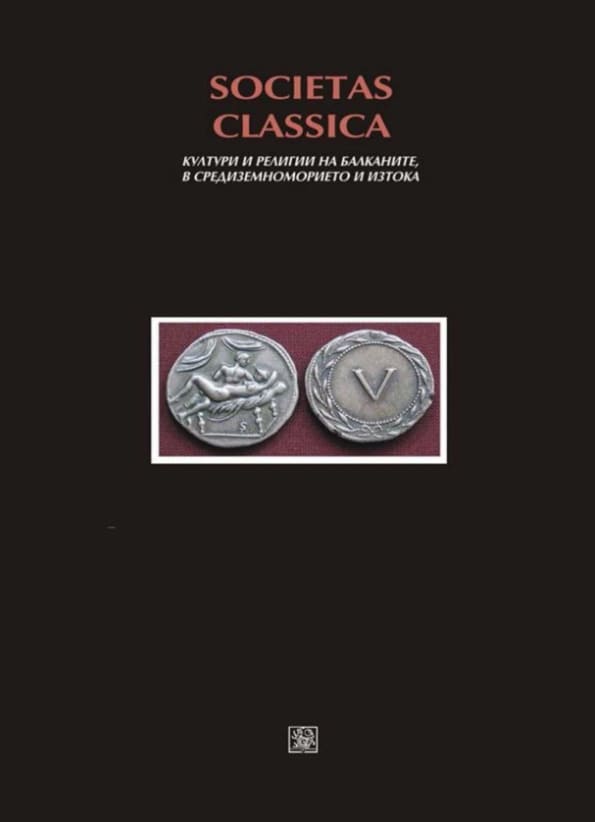Демократични ли са народните събрания в Рим? Няколко аргумента срещу Полибий
Are Roman Popular Assemblies Democratic? Some Arguments against Polybius
Author(s): Aleksandra Dimitrova
Subject(s): History, Political history, Ancient World
Published by: Великотърновски университет „Св. св. Кирил и Методий”
Keywords: Polybius; Aristotle; democracy; comitia; Republican Rome
Summary/Abstract: Polybius is well-known for his Sixth book depicting the Roman state of the 3rd and 2nd centuries BC as a unique mixed government combining the best elements of monarchy, aristocracy and democracy. With the monarchical element represented by the two consuls, the aristocratic element projected by the Senate and popular assemblies as a democratic institution, it all seems an elaborated and logical explanation of the mid-Republican Rome. But is it true? The aim of this text is to check if the Roman popular assemblies up to the time of Polybius were really democratic in the sense of Aristotle. The narratives of Cicero, Livy and Dionysius of Halicarnassus do not support any notion of Aristotelian democracy in the organization and procedures of the Roman popular assemblies.
Book: Societas Classica. Култури и религии на Балканите, в Средиземноморието и Изтока. Том 10
- Page Range: 26-36
- Page Count: 11
- Publication Year: 2019
- Language: English, Bulgarian
- Content File-PDF

